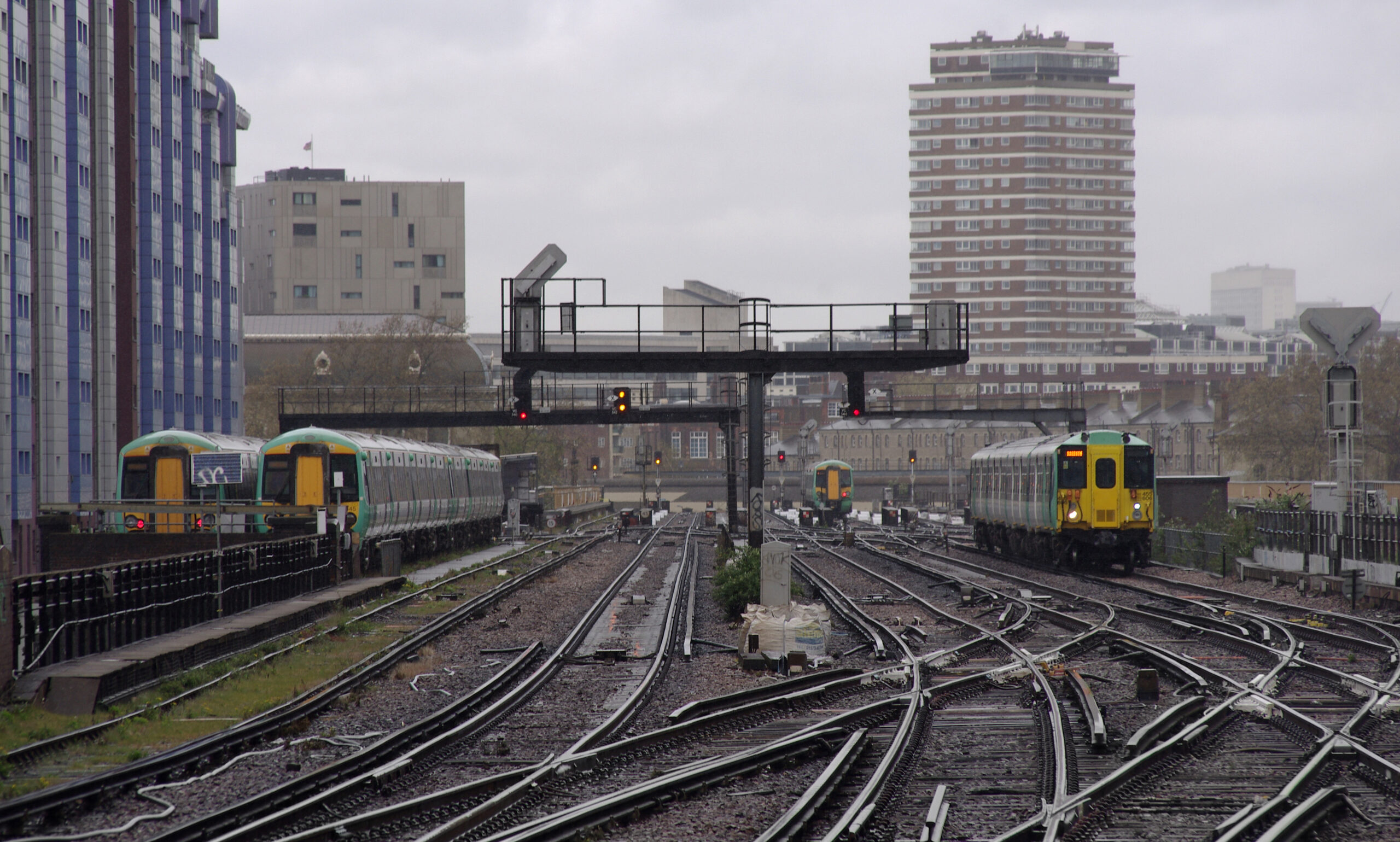
As we head towards our reading week, that trip you planned to take home may once again be caught in the crossfire of ongoing railway disputes. In their now semi-regular endeavour to increase pay, mitigate redundancies and improve working conditions, over 14 of the major UK-operating railway companies are planning a week-long strike in November. A feeling of déjà vu is not unwarranted. With only a short break in respect for the Queen’s passing, Unions have been onboard with these strikes since June and have yet to alight.
This is not to say that such activism is not a valuable platform for exercising social change. Why should a worker put up with conditions they deem as detrimental? This is wholeheartedly exemplified on the other side of the Channel, where strikes and activism have now become stereotyped as the lifeblood of the French. Recently, the workers of TotalEnergies gained themselves a pay rise by erecting blockades outside refineries and fuel depots. Although they succeeded in their mission, these protests came with, arguably unnecessary, obstructive consequences. Both public and private sectors feared the loss in power would not only negatively impact their employees’ ability to work, but also the public in general. This is particularly pertinent when we consider that the UK Network rail bosses have been accused of using “duplicitous tactics” in order to move through negotiations. The parallels between the two countries are striking, and it begs the question: do the ends justify the means?
In the face of the cost-of-living crisis, it is not unreasonable to say that there will be a level of empathy for the Union’s previous rejection of a a 4% pay rise. The fear that our incomes may not even glimpse the current inflation rate of 9.4% is a grim and ever-present monster, souring shopping trips and conversation over Sunday dinner. However, if we consider this a shared fear, does this give the Union’s argument less traction? From a moral standpoint, by preventing commuters from attending their place of work, by disturbing the flow of a public service, are the train drivers not forcing the same negative effects upon the general public?
It is important we consider the lasting impacts of the pandemic upon railway workers and their day-to-day operations. According to the government’s rail assessment of 2021, rail usage decreased by “78% in rail passengers journeys to just 388 million, due to the COVID-19 pandemic.” However, this doesn’t recognise all the difficulties they faced, namely, deep cleans, changes in safety requirements and distancing measures. Even though these measures will have been eased, the number of passengers has undoubtedly increased, a transition smoothly facilitated by railway staff working through lockdown. Perhaps a feeling of under-appreciation is not unwarranted, and thus strikes are intended not to inconvenience commuters, but to ensure that these staff are appropriately recognised. Furthermore, Mick Lynch, the RMT General Secretary has apologised for the inconvenience caused claiming that ‘the government has brought this dispute on.’ This may be what had tipped the results in the Union’s favour, as poll results by Ipsos Mori declared that 43% of the population are in support of the rail strikes rather than against them.
Yet, even with the 84% of hybrid workers planning to reduce their commute, the people on the ground, who stack our shelves and build our houses, may be hindered from returning to a sense of normality as they struggle to return to work. It cannot be ignored that the Unions have agreed to continuing a schedule (limited though it may be) but once again, problems like overcrowding, constant delays and staff shortages come into play, producing a stressful, inefficient environment. Surely this poses itself in exact opposition with what the railway is designed for, following Thatcher’s decision to privatise. With rising costs it is hard not to feel that the railway’s service fails to meet a standard of efficacy in line with these inflated prices.
There is no doubt that without the use of our political voices, namely protests, we would be forced into silence with no say over the economic and social policies that shape our country. Therefore, maybe the real conversation we should be having is how industries and governments can communicate more effectively without the public being caught in the crossfire.



Average Rating